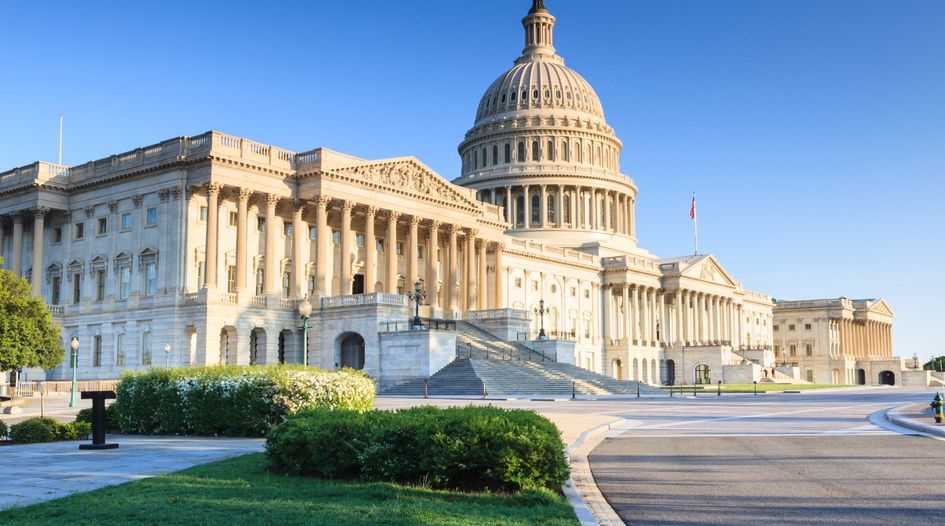Key trademark and copyright developments shape 2023 US outlook

Throughout 2022, the procedural rules of the USPTO and the newly formed Copyright Claims Board (CCB) underwent several big changes.
The USPTO outlined a new administrative process for addressing fraudulent trademark submissions, shortened the response time for trademark office actions and tested procedural rules for the Trademark Modernisation Act. Meanwhile, the US Copyright Office issued new rules for CCB procedures that should help businesses obtain IP protection more efficiently in 2023.
Headline USPTO changes
Under its new guidelines, the USPTO can now sanction suspicious trademark filings based on an investigation triggered by information from examining attorneys, data analytics or internal sources. The office appears to be capitalising on this new power and has already sanctioned three entities that are controlled by one company and that have collectively defrauded more than 5,500 trademark applicants. This new process aims to protect small entities from exploitation during the filing process and will likely help larger corporations avoid trademark trolls.
In implementing the Trademark Modernisation Act, the USPTO also shortened the response time for office actions from six months to three months, except for post-registration office actions and office actions for Madrid Protocol applications. The change in response time went into effect on 3 December 2022.
This change will significantly shorten the trademark application process in the United States, and businesses can expect to see faster registration of their mark(s).
The USPTO further tested its new procedural rules for expungement and re-examination under the Trademark Modernisation Act. Since its implementation in December 2021, the office has received more than 130 petitions under these new rules and at least 50 proceedings have been initiated. The new procedures are significantly less costly than the USPTO's traditional proceedings and, if they continue to operate successfully, offer a cost-effective way to get a quick decision on a mark’s cancellation.
This development means that corporations can expect to spend less time and money fighting to cancel unused marks in pursuit of their own registrations.
Fine tuning at the CCB
The Copyright Office also clarified the procedural rules for the CCB, an administrative forum for copyright claims seeking up to $30,000 in damages.
The CCB saw significant use in 2022, with at least 150 cases filed. The US Copyright Office detailed:
- how companies can designate agents;
- how libraries can opt out of CCB proceedings;
- how law students can represent clients in the CCB; and
- how the CCB will handle cases referred from a district court.
These procedural rules were implemented in June 2022 when the CCB began hearing cases.
Looking ahead, corporations should be aware that although CCB proceedings can be instituted against them, they may opt out and choose to litigate in a federal district court instead.
To see a video to accompany this article on the McDermott Will & Emery website, please click here.
This is an Insight article, written by a selected partner as part of WTR's co-published content. Read more on Insight
Copyright © Law Business ResearchCompany Number: 03281866 VAT: GB 160 7529 10

